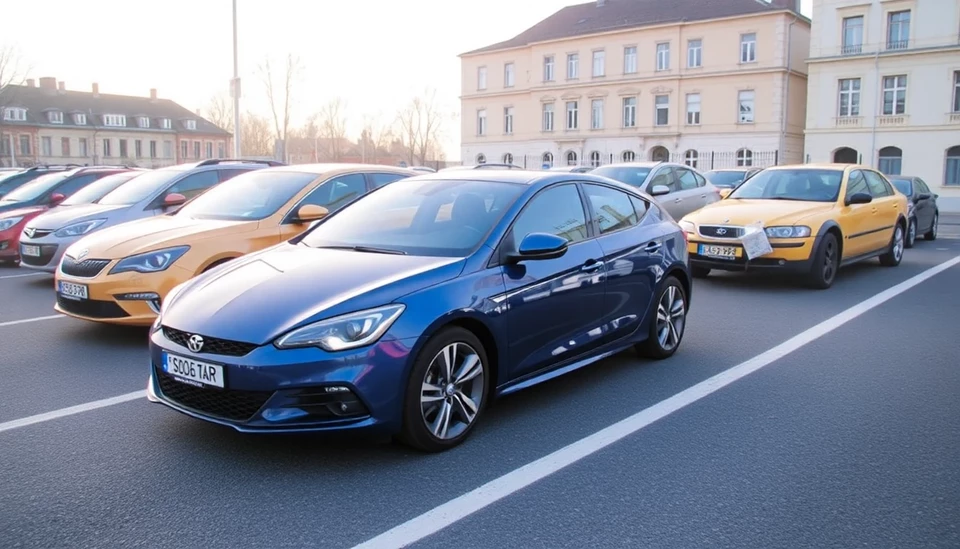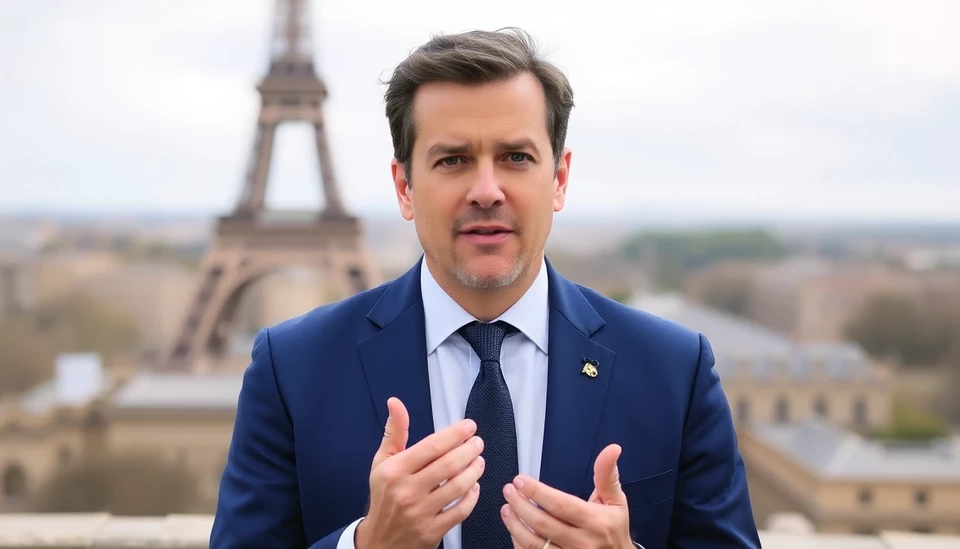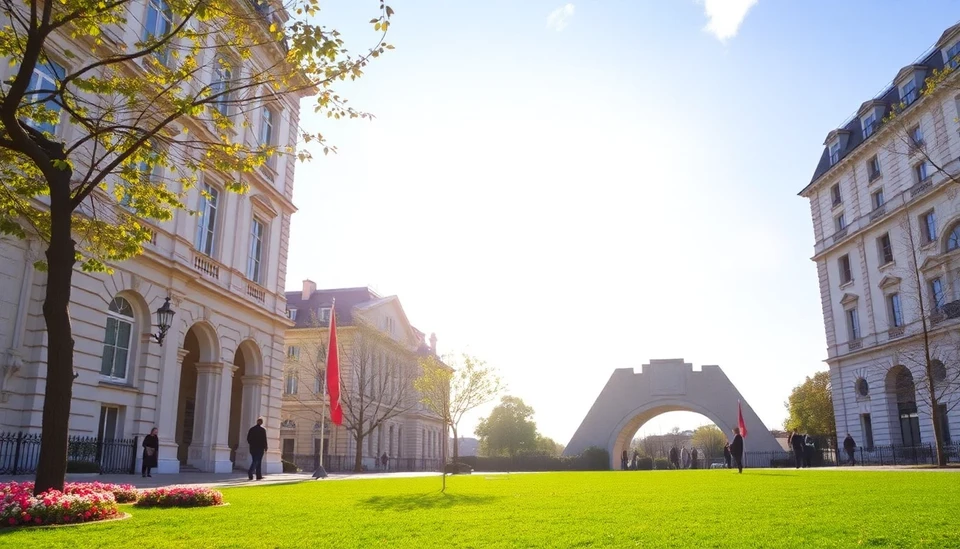
In a significant push aimed at reshaping the automotive industry within the European Union, France is advocating for increased flexibility in emissions regulations for car manufacturers. This proposal comes amidst growing concerns about the economic impacts on the automotive sector, particularly as companies are struggling to meet the stringent guidelines set out by the EU regarding carbon emissions.
The French government has expressed worries that the current framework may jeopardize the competitiveness of its automotive industry. As Europe transitions towards greener technologies and electric vehicles, the immediate pressure of compliance could hinder innovation and job security in the sector. French officials argue that a certain level of flexibility in emissions targets would allow carmakers to better strategize and implement sustainable practices without facing crippling penalties.
France's stance has gained traction among other countries with significant automotive sectors, as they too are voicing concerns over the rigid emission standards. This movement is perceived as a necessary recalibration of the EU's approach, promoting a balanced strategy that fosters environmental responsibility while still allowing room for economic viability. In this context, French Industry Minister Roland Lescure has been vocal, stating, "We must find a pragmatic approach that allows the industry to transition smoothly while achieving our climate goals.”
The proposed adjustments could involve extending deadlines for compliance or adjusting benchmarks based on market conditions. This would enable automakers to gradually align their operations with the EU's ambitious climate objectives, avoiding drastic shifts that could lead to job losses or hinder investments in new technology.
France's call for emissions flexibility has sparked debate among EU member states. While some nations view it as necessary for preserving job security in the automotive industry, others fear it could undermine the collective efforts to combat climate change. As the discussions unfold, the French government is expected to deepen its dialogue with EU regulators and other member states to influence the ongoing policy formulation.
Ultimately, this advocacy reflects broader trends in the automotive industry, where manufacturers are increasingly navigating the delicate balance between regulatory requirements and market demands. With the EU set to review its emissions targets in the coming months, the stakes are high for carmakers and governments alike.
As the automotive landscape continues to evolve, all eyes will be on the EU's response to France's proposal and the subsequent implications for the industry’s future within Europe. Only time will tell if the EU will adopt a more flexible approach, but the conversation has been ignited, signaling a pivotal moment for car manufacturers and environmental policy alike.
#France #EU #Carmakers #EmissionsFlexibility #SustainableTransport #AutomotiveIndustry #ClimateChange #Regulation
Author: John Harris




